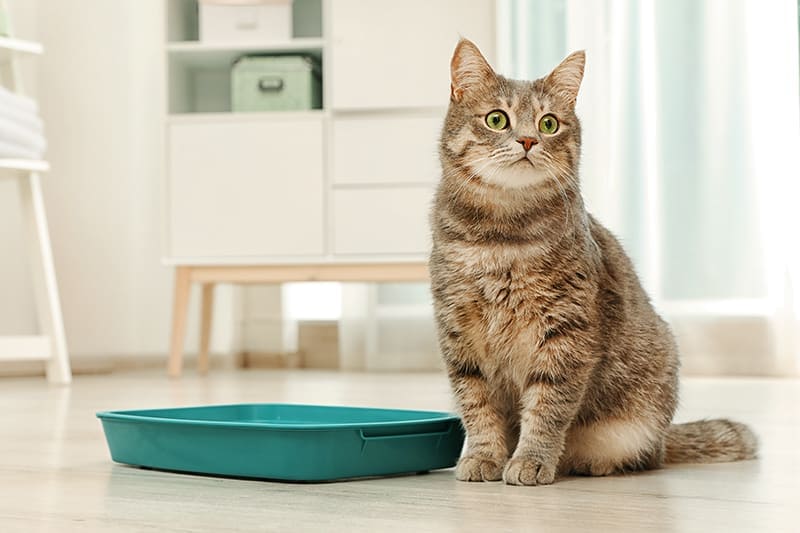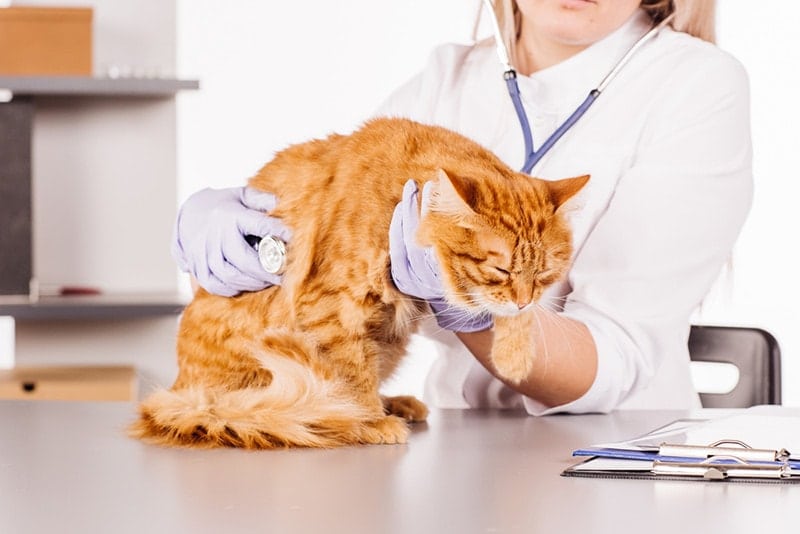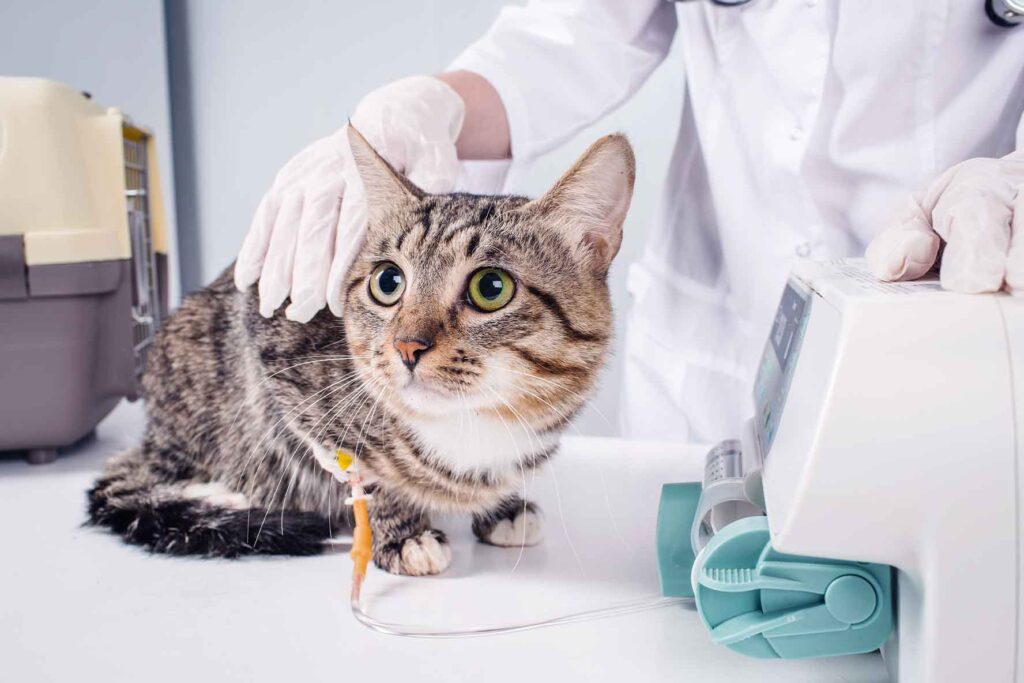
Cats are lovely pets. They are playful, quiet, and very clean. But just like people, cats can also get sick. As a cat owner, it’s very important to understand cat diseases and treatments so you can help your pet stay healthy. This guide will walk you through the common illnesses that cats face, how to notice them early, and what you can do to treat them. Everything is written in simple and easy words, so anyone—even a 10-year-old—can read and understand it.
Why Cat Health Matters
Cats don’t talk like humans. They cannot tell us if they have a headache or if something hurts. That’s why we must watch them closely and act fast when something seems wrong. Knowing about cat health issues and keeping regular care in mind helps cats live longer and better lives. A healthy cat runs, jumps, eats well, and shows love. But a sick cat may hide, feel tired, or stop eating. Learning more about their health makes you a better pet parent.
Signs That Your Cat May Be Sick
When your cat is unwell, you may notice some changes in how they act. They may sleep more than usual or stop playing. Sometimes they don’t want to eat or drink water. They might hide under the bed or act scared. Other times, they may vomit or have diarrhea. These signs can be scary, but they are your cat’s way of saying, “I don’t feel good.” If you see these signs, it’s time to take your cat to a vet.

Common Cat Colds and Breathing Problems
Cats often get something like a cold. It’s called an upper respiratory infection. It can make your cat sneeze, cough, or have a runny nose. Their eyes may water, and they may breathe quickly. These colds are usually caused by viruses or bacteria. If your cat catches one, make sure they stay warm and rest. You can clean their face gently with a wet cloth. If the problem lasts more than a few days, your vet may give medicine. These colds are one of the common feline diseases.
Fleas and Skin Problems in Cats
Fleas are tiny bugs that jump and bite. They can make your cat scratch all the time. Some cats may even lose hair or get red spots on their skin. Fleas don’t only bother your cat. They can also spread and make your home itchy. You can stop fleas by using safe products that your vet gives you. Keeping your cat clean and brushing their fur also helps. This is a big part of disease prevention for cats.
Belly Problems and Worms
Sometimes cats get worms inside their tummies. These worms eat the food your cat eats, which makes your cat feel weak. Cats with worms may lose weight, get a big round belly, or have trouble with their poop. You might even see worms in their litter box. The good news is that worms can be treated with simple medicine from the vet. Keeping your cat indoors and giving clean food and water helps stop worms from coming back.
Ear Troubles That Hurt
If your cat shakes their head a lot or scratches their ears all the time, they may have ear mites. These are tiny bugs that live inside the ears and cause itching. Sometimes a black or dark brown gunk comes out of the ears. It looks like coffee powder. This problem can be painful, but it’s easy to treat with ear drops. The vet will help clean the ears and give the right medicine. This is another case where learning about cat diseases and treatments can save your cat from a lot of pain.
Peeing Problems and Infections
Some cats have trouble when they try to pee. They may go to the litter box many times but only pee a little. They may cry or look in pain. These can be signs of a urinary tract infection, or UTI. This kind of infection hurts and needs fast treatment. A vet may ask for a pee test and give medicine. Some cats also need special food to stay healthy. Make sure your cat drinks enough water every day to help avoid this problem.
Pain in the Mouth and Teeth
Cats need clean teeth too. If your cat’s mouth smells bad or they stop eating dry food, they may have a dental problem. They might drool or paw at their face. Tooth pain makes it hard for cats to eat and feel good. You can help by brushing your cat’s teeth with pet toothpaste. Some treats are made to clean their teeth as they chew. Visiting the vet once a year for a mouth check is also a smart step in disease prevention for cats.
When Cats Get Diabetes
Diabetes is a health problem where the sugar in the cat’s body is not handled the right way. Some cats drink lots of water and pee a lot. They may still be hungry but keep losing weight. This happens more in older or overweight cats. A vet can check for diabetes with a simple test. If your cat has it, they may need shots and a new diet. Keeping your cat at a healthy weight helps avoid this problem. This is another area where understanding cat diseases and treatments helps a lot.
Kidney Problems in Older Cats
Older cats can have problems with their kidneys. These organs clean the blood, and when they don’t work well, waste builds up in the body. Cats with kidney problems may drink a lot of water but still lose weight. They may throw up often and look tired. The vet will test their blood and pee to find out. If caught early, you can help your cat with special food and regular checkups. Kidney issues are one of the more serious cat health issues, especially in aging cats.
The Danger of Feline Leukemia Virus
Feline Leukemia Virus, or FeLV, is a dangerous sickness that can make your cat very weak. It spreads from one cat to another through bites, shared food bowls, or even from mother to kitten. Cats with this virus lose weight, get fevers, and often look sick. Sadly, there is no cure, but the vet can give care to help your cat feel better for as long as possible. Keeping your cat indoors and getting them vaccinated can protect them from this illness. This is one of the most serious common feline diseases you should know about.
Hairballs and Coughing
Cats love to clean themselves with their tongues. But when they swallow too much hair, they can get hairballs. These cause coughing or vomiting. Sometimes, your cat may look like they are choking. Hairballs are not dangerous if they happen only sometimes. Giving your cat hairball treats, brushing their fur, and feeding them food with fiber can help a lot.

How to Keep Your Cat Healthy
A big part of avoiding sickness is keeping your cat’s environment clean. Always give your cat fresh water and food. Clean the litter box every day. Brush their fur and check their body for signs of bugs or cuts. Take them to the vet once a year for a check-up. Play with your cat every day to keep them active and happy. These small steps are great for disease prevention for cats and can stop many problems before they start.
What to Do If Your Cat Gets Sick
If your cat acts strangely or shows signs of being sick, don’t wait. Take them to the vet right away. Never give your cat medicine meant for people. Only the vet knows what is safe. Keep your cat warm, calm, and give them lots of love while they recover. Knowing about cat diseases and treatments means you’ll feel more confident in caring for your furry friend.
Final Thoughts for Cat Lovers
Cats are part of the family. They depend on us to take care of them. Learning about cat diseases and treatments helps us give them a better life. Most health problems can be treated or even stopped if you catch them early. By keeping your cat clean, feeding good food, and visiting the vet, you’re doing everything you can to help your pet live a long and happy life.
Let’s Stay in Touch
Thank you for reading this complete guide. If you want more tips and updates about cats and other pets, make sure to follow our Facebook page for more helpful posts and caring advice.
Frequently Asked Questions
1. What are the most common diseases in cats?
Some common cat diseases include upper respiratory infections, feline leukemia, kidney disease, and dental problems.
2. How can I tell if my cat is sick?
Watch for signs like loss of appetite, vomiting, sneezing, diarrhea, or changes in behavior. If you notice any of these, call your vet.
3. Can cat diseases spread to humans or other pets?
Yes, some cat diseases like ringworm or parasites can spread to humans or other pets. Always keep your cat clean and visit the vet regularly.
4. What treatments are available for sick cats?
Treatments may include medicine, fluids, special diets, or vet care. The treatment depends on what disease your cat has.
5. How can I prevent my cat from getting sick?
Keep your cat indoors, give regular vaccines, feed a healthy diet, and visit the vet for checkups. Clean litter boxes and water bowls often.